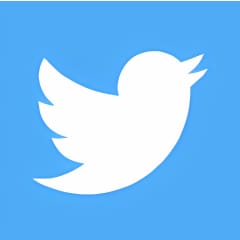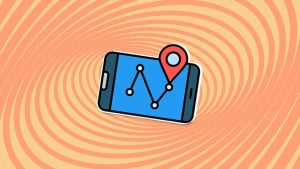The Twitter Takeover has been the dominating story on various of social and news media. Practically anywhere you look online, you’re likely to see some piece of media either praising or condemning Elon Musk. While we here at Softonic won’t take either of the supposedly clear-cut sides in this story, we will bring you all of the facts that you need to take a stance of your own.
The following article will be an exploration of the current Twitter climate, including the situations leading up to the recent landmark buyout. Before we start, I’d like to address the fact that this story has not been exempt from political biases. In an effort to support our continuing impartiality on this matter, we’ll refer to these political biases when necessary but will refrain from either supporting or condemning them.
How it all started
There are actually two stories here. The first revolves around what some might term an enigmatic, altruistic billionaire dedicated to creating a digital town square that promotes and supports free speech. The second story is about the same enigmatic billionaire and his quest to revitalize his old dream of X.com.
Because the first story seems to be the one gaining the most traction, that’s where we’ll start. But we’ll get back to the second story because the enigmatic billionaire, Elon Musk, has stated outright that Twitter is a means to an end, in some respects. And perhaps that end is X.com.
Free speech: A billionaire’s dream
Elon Reeve Musk was born in Pretoria, a city in a South African province formerly known as The Transvaal, modern-day Gauteng. He graduated from the University of Pennsylvania with a bachelor’s degree in both art and science. Since then, he has gone on to found numerous companies, become the CEO of many more, and he’s even taken active roles as a chief engineer and product architect of SpaceX and Tesla respectively. The list of companies that Musk sits at the head of is more than can fit on a single hand, and, as of October 27, 2022, includes the global social media behemoth, Twitter.
A great many events and situations led up to the eventual acquisition, but at the core of the move lay a desire for free speech. Musk’s aquisition of Twitter is widely believed to be seeded by Twitter user, Dave Smith, who suggested that he buy the social media giant after Musk declared a love for the app. Musk, in response, tweeted ‘@redletterdave How much is it?’
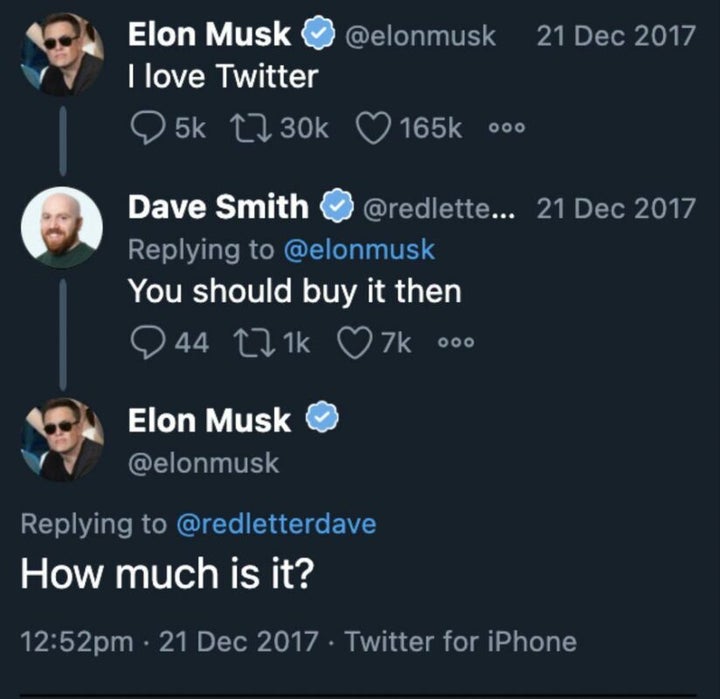
Subsequent to the Tweet, Musk started circulating polls on Twitter. The most controversial of these polls was one wherein the billionaire asked users to indicate whether they believed ‘free speech is essential to a functioning democracy.’
Depending on which side of the aisle you ask, Twitter has been a hotbed of censorship and post removal because certain demographics’ views and comments are seen as offensive and contravening Twitter’s community guidelines. However, this wasn’t the only factor that lead Musk to make the Twitter powers that were an offer that they have since chosen not to refuse. Musk stated that he wanted to accomplish three things with his acquisition of Twitter:
- Make the Twitter algorithm open-sourced
- Crack down on spambot accounts
- Promote free speech
These three factors would essentially turn Twitter into the ‘digital town square’ that Musk had envisioned the social network could become. The idea was simple; an online environment where people can say what they’d like to say, regardless of how others may perceive it. Of course, in a society where those on the right believe that people have become far too sensitive and those on the left believe in the core inequality of western norms and freedoms, this idea was bound to cause a stir of note.
Free speech is a wonderful ideal to strive for and support, but in a global society comprised of so many different paths, beliefs, morality codes, and ethical norms, what some people regard as the freedom of expression can sometimes be perceived as a threat to individuality and the freedoms of others.
The rebirth of X.com
X.com was an online banking utility that Musk co-founded with Harris Fricker, Ed Ho, and Christopher Payne in 1999. The company merged with a competing service, Confinity Inc., in 2000, and soon after, the merged entity changed its name to PayPal.
Musk doesn’t seem to have let the X.com dream go, even though the company technically hasn’t existed in its primal form for more than 20 years. But, he does currently own the domain name X.com. Musk bought the domain from PayPal in 2017 stating that the reason behind the purchase was due to the ‘great sentimental value’ that the name has. Currently, the website at X.com is nothing apart from an X in the top left corner of a blank page, and a solitary Y if you manage to reach the custom error page. However, Musk has alluded to having plans for the domain; Plans that involve Twitter.
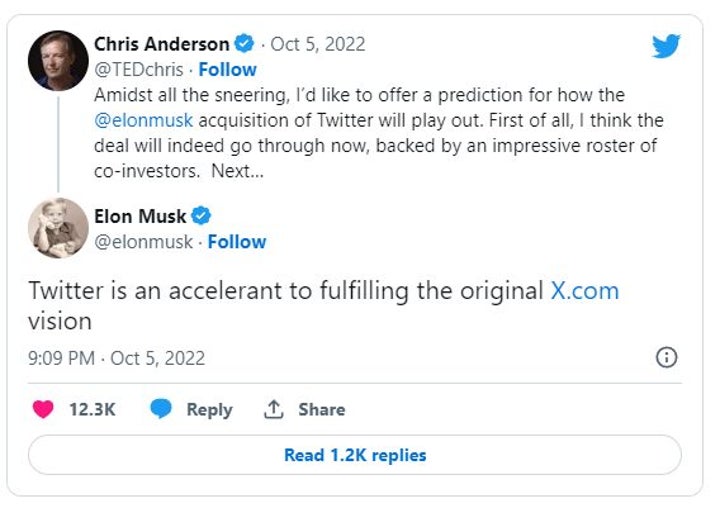
In a response to Chris Anderson’s prediction of the outcome of the Twitter takeover, Musk stated that ‘Twitter is an accelerant to fulfilling the original X.com vision.’
Musk has also stated what the next iteration of X.com is likely to look like. In may 2022, Musk featured on the All-In podcast. There, he stated that the United States was in need of ‘an everything app.’ Musk elaborated further on the idea of an everything app with a commentary on China’s WeChat utility. ‘If you’re in China, you kind of live on WeChat,” Musk said. “It does everything. It’s sort of like Twitter, plus PayPal, plus a whole bunch of things all rolled into one, with a great interface. It’s really an excellent app, and we don’t have anything like that outside of China.’
On the same podcast, Musk also stated that Twitter could form part of the dream for an American-made WeChat competitor. ‘It’s either convert Twitter to that, or start something new. It does need to happen somehow.’ It’s here that Musk reiterated his dream of a ‘digital town square.’ Musk said that the everything app (X.com) should be a digital town square wherein users can comment on and post video content. He explained further that once the platform had gained the public’s trust, it would segue into a payment utility. ‘Payments, whether it’s crypto or fiat, can make a lot of sense.’
Musk reiterated the idea a month later at a town hall event for Twitter employees. ‘you basically live on WeChat,” Musk said, “because it’s so usable and helpful to daily life, and I think if we can achieve that, or even get close to that at Twitter, it would be an immense success.’ The day before his response to Chris Anderson, Musk tweeted that ‘Twitter probably accelerates X by 3 to 5 years, but I could be wrong.’
The eventual goal for Twitter
The immediate response to Musk’s commitment to buying Twitter has been dramatic, to say the least. Twitter is estimated to have lost over a million users since Elon took his spot as ‘Chief Twit.’ However, we don’t know how many of these users have been bot purges.
Twitter has estimated that around 5 percent of it’s active users are spambots. These figures, and other ‘offical’ data supplied by Twitter, were the focus of numerous lawsuits between Musk and the Twitter platform where Musk asserted that the company was holding critical information back. Twitter claimed that the information was kept back due to concerns over users’ privacy, but given that company has been in hot water before about the way it handles users’ data, this seems to have been little more than a ploy to delay the buyout.
Bots aren’t the only ones leaving Twitter though. In a recent statement, a member of the U.S. House of Representatives from New York’s 14th District, and self-proclaimed socialist, Alexandria Ocasio-Cortez, has vowed to leave Twitter. AOC, as she is most often known, cited that Musk’s decision that the Twitter Blue badge be a premium feature goes against his bid to bring free speech back to the platform.
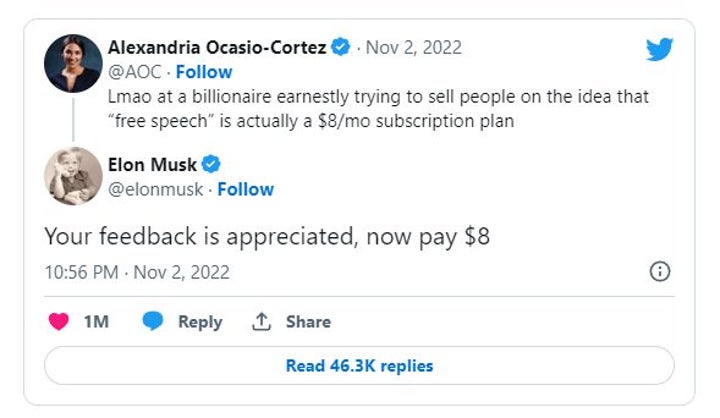
This is either a new beginning or a fateful demise for Twitter
Perceptions of Elon Musk aside, he now owns Twitter and can do with it what he likes, within reason. Some people will decide to stay on, other people will jump ship to other networks like Mastodon. Your perception of this landmark development likely rests heavily upon your personal idea of what freedom of speech means. Is freedom of speech when moderators can take your post down because someone complained that it offended their sensibilities? Or is true freedom of speech the freedom to say what you need to say without fear of censorship? You decide.

